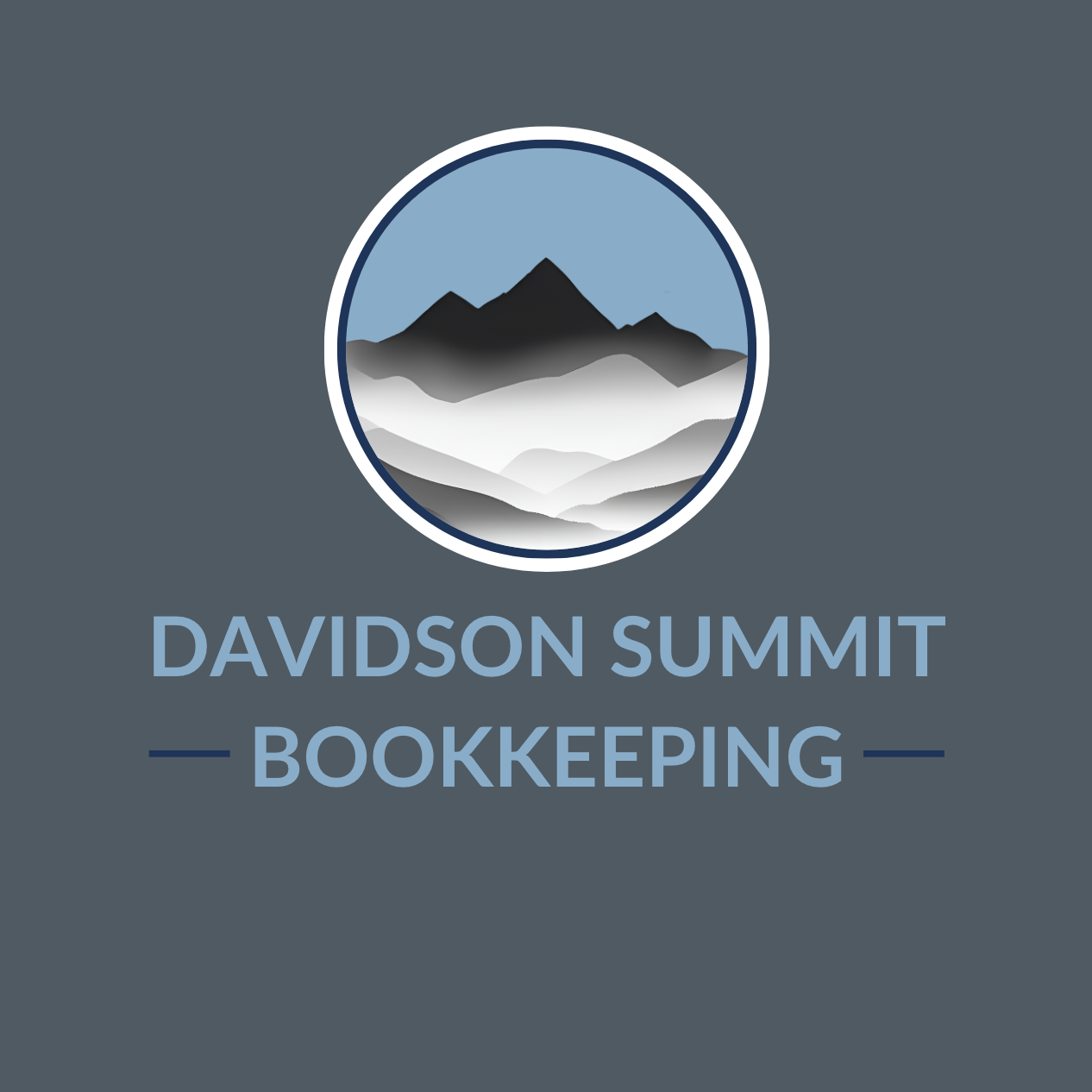Bookkeeping for Small Businesses: A Simple Guide to Getting Started
Running a small business is exciting, but it can also feel overwhelming. Between serving customers, marketing your business, and managing operations, bookkeeping often gets pushed to the bottom of the to-do list. Yet, keeping accurate financial records is one of the most important things you can do to protect and grow your business.
In this guide, we’ll cover the basics of bookkeeping for small businesses — what it is, why it matters, common mistakes to avoid, and how to decide whether DIY bookkeeping or hiring a professional bookkeeper is the right move for you.
What Is Bookkeeping?
At its core, bookkeeping is the process of recording, organizing, and tracking your business’s financial transactions. This includes:
Tracking income (sales, payments, invoices)
Recording expenses (supplies, rent, subscriptions)
Reconciling bank accounts
Preparing reports like profit & loss or balance sheets
Think of bookkeeping as the foundation of your business finances. Without clean, accurate books, it’s almost impossible to make smart decisions, apply for loans, or stay tax-ready.
Why Bookkeeping for Small Businesses Matters
Many entrepreneurs believe they can put off bookkeeping until tax season, but that’s where problems start. Here’s why bookkeeping services for small businesses are so important:
Stay Organized for Tax Time
Instead of scrambling to gather receipts in April, you’ll have everything neat and ready to hand off to your tax preparer.Understand Your Cash Flow
Accurate books help you see where money is coming in and going out, so you can plan for slow seasons and growth opportunities.Make Better Business Decisions
Should you raise prices? Hire an employee? Cut expenses? Bookkeeping reports give you the clarity to answer these questions confidently.Save Time and Stress
DIY bookkeeping can take hours each week. Partnering with a professional saves time and helps you avoid costly mistakes.
Common Bookkeeping Mistakes Small Business Owners Make
If you’re doing the books yourself, you’re not alone. Many small business owners start out this way, but it often leads to errors like:
Mixing personal and business expenses
Forgetting to reconcile bank accounts regularly
Losing receipts and records
Misclassifying expenses (which can cause issues at tax time)
Waiting until year-end to update books
These mistakes don’t just make your books messy—they can lead to penalties, missed deductions, and inaccurate financial decisions.
DIY Bookkeeping vs Hiring a Professional
One of the biggest questions small business owners face is: Should I manage my bookkeeping myself, or hire a bookkeeper?
DIY Bookkeeping
DIY bookkeeping can work for very small businesses or solopreneurs who are just starting out. Tools like QuickBooks Online or even Excel spreadsheets can help you keep track of transactions.
Pros:
Low cost
You stay closely connected to your numbers
Cons:
Time-consuming
Steep learning curve
Easy to make mistakes
Hiring a Professional Bookkeeper
When your business starts growing—or when bookkeeping becomes a burden—it’s time to consider professional bookkeeping services for small businesses.
A bookkeeper will:
Keep your books accurate and up to date
Provide monthly reports so you always know where you stand
Ensure you’re tax-ready all year
Free up your time so you can focus on running your business
For many entrepreneurs, the peace of mind alone is worth the investment.
Different Types of Bookkeeping Services for Small Businesses
Not every small business has the same needs. That’s why bookkeeping services are often broken down into three categories:
1. Catch-Up & Cleanup Bookkeeping
If you’ve fallen behind or your books are messy, cleanup bookkeeping gets everything organized. This one-time service puts you back on track and gives you a clean slate.
2. Monthly Bookkeeping Packages
With monthly bookkeeping, a professional handles your books on an ongoing basis. This means your transactions are reconciled, your reports are generated, and your finances are always up to date.
3. Payroll Support for Small Businesses
If you have employees, payroll can be one of the most stressful parts of running a business. Bookkeepers who offer small business payroll support can set up systems, run payroll accurately, and handle compliance so you don’t have to worry about late or incorrect paychecks.
How to Stay Tax-Ready All Year
One of the biggest benefits of good bookkeeping is staying tax-ready. Instead of scrambling each spring, you’ll already have:
Organized expense categories
Accurate income records
Payroll reports (if applicable)
Clear profit & loss statements
This not only saves stress but also helps you maximize deductions and avoid costly mistakes.
Affordable Bookkeeping Services: An Investment in Your Business
Many small business owners hesitate to hire a bookkeeper because they see it as “just another expense.” But think about it this way:
How much time are you spending on bookkeeping now?
Could you use that time to serve more clients, make more sales, or grow your business?
What’s the cost of errors, missed deductions, or late filings?
For most entrepreneurs, affordable bookkeeping services more than pay for themselves.
Final Thoughts: Bookkeeping Doesn’t Have to Be Overwhelming
Whether you’re just starting out or running an established business, bookkeeping doesn’t have to feel stressful. By keeping your books accurate and up to date—either through DIY bookkeeping or with the help of a professional—you’ll have the clarity and confidence you need to grow your business.
Ready to stop stressing over your books?
At Davidson Summit Bookkeeping, I specialize in helping small business owners with catch-up bookkeeping, monthly bookkeeping packages, and payroll support. Together, we’ll keep your finances organized, your business tax-ready, and your stress levels low.
